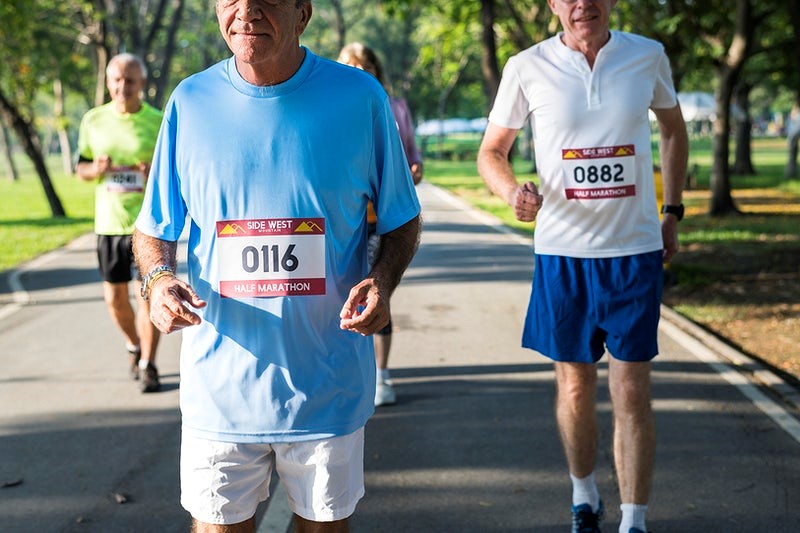
Imagine Life HMV
Healthy Aging and Wellbeing
By Steven Mandel MD
INTRODUCTION: Healthy aging is maintaining optimal functioning as we age. Both aerobic and resistive exercises can improve bone health, reduce falls. and maintain cognitive function. Exercise can also reduce depression and anxiety. Other healthy activities include walking with others, checking in on neighbors, taking classes online or in person, learning technology, and volunteering. Spiritual growth, by participating in faith-based activities, leads to a feeling of community. There is a healing power of laughter to decrease anger, frustration, and conflicts. Follow the guidance of physicians and watch what you eat and drink, especially sodium, alcohol. and carbohydrates. In addition to healthy activities, meditation, intellectual pursuits, tai chi, and Pilates can also reduce stress and increase wellbeing.
The hallmark of healthy aging includes resilience and recovery to a state of balanced and sustained purpose – moving forward, and continued growth. This leads to optimism and improves personal coping skills, such as flexibility and adaptability in meaningful relationships. It includes being able to better handle adversity and trauma.
Psychological resilience is also associated with better health later in life and it includes a supportive social network and affiliation of family and friends. Retirement and working less, or not at all, should be combined with seeking new initiatives in learning, volunteering, and making or renewing family connections. The fact is, we are all going to get older and will continue to do so. Today, we are going to have a conversation about getting older and some things we can do to help us continue our healthy lives, and perhaps even improve them as we do so.
Before we get started, I'm going to do a quick review of the rules that apply to all HMV sessions:
BRIEF RULES:
- Our goal is to have an open discussion where everyone’s opinion is respected, not criticized. Conversation is encouraged, confrontation is not.
- The conversation can be of a rather personal nature, so please respect everyone’s privacy by agreeing that all comments made in this space stay in this space - what’s said here, stays here.
- Please discuss only your own opinion from your own experiences.
- Please allow others time to speak as well and don’t interrupt.
- My role as facilitator is to keep the conversation on track, as well as to do my best to ensure everyone has an opportunity to speak. In that role, it may be needed to gently interrupt, or redirect someone. Please try to be understanding.
ADDITIONAL RULES FOR VIRTUAL HMVS:
- Enable your video so that the other participants can see you.
- Be sure to login under your actual full name. Guys aren’t going to want to express themselves candidly with ‘Sara’s iPad.’ If necessary “Rename” yourself. If you need help, the host can do it for you.
- Ensure that no one else is in the room with you during the session.
- Try to be in a quiet environment or keep yourself muted until It is your tum to talk.
QUESTIONS FOR DISCUSSION (these can be used in any order):
- What are your thoughts about aging?
- Do you have Anticipation?
- Fear?
- Anxiety?
- Some combination?
- Others?
- What do you think healthy aging is for yourself?
- Can it be the same for everyone?
- What goals do you still want to accomplish?
- Do you have a "bucket list?'
- Do you think you should?
- Why or why not?
- Do you have a "bucket list?'
- How do you handle unexpected changes, such as medical, financial, family?
- Has your support system changed?
- In what ways?
- Do you rely on others?
- Do you find you have barriers to doing so?
- What are they?
- What strategies are you using (or do you plan to use) to maintain your health as you age?
- What role, if any, does your Jewish community play in your life as you age?
- What else would you like to see provided by your community?
- Have you experiences discrimination based on your age?
- What did you do about it?
- Have you ever looked in the mirror or heard yourself say something and not "recognized yourself?”
- Or realized you've turned into your parent, grandparent, or sibling?
- How did that make you feel?
- Did you try to do something about it?
- If so, what and how?
- Is there something you know you should do differently but just can't?
- Is there something that would help you to do It?
- Why can’t you?
